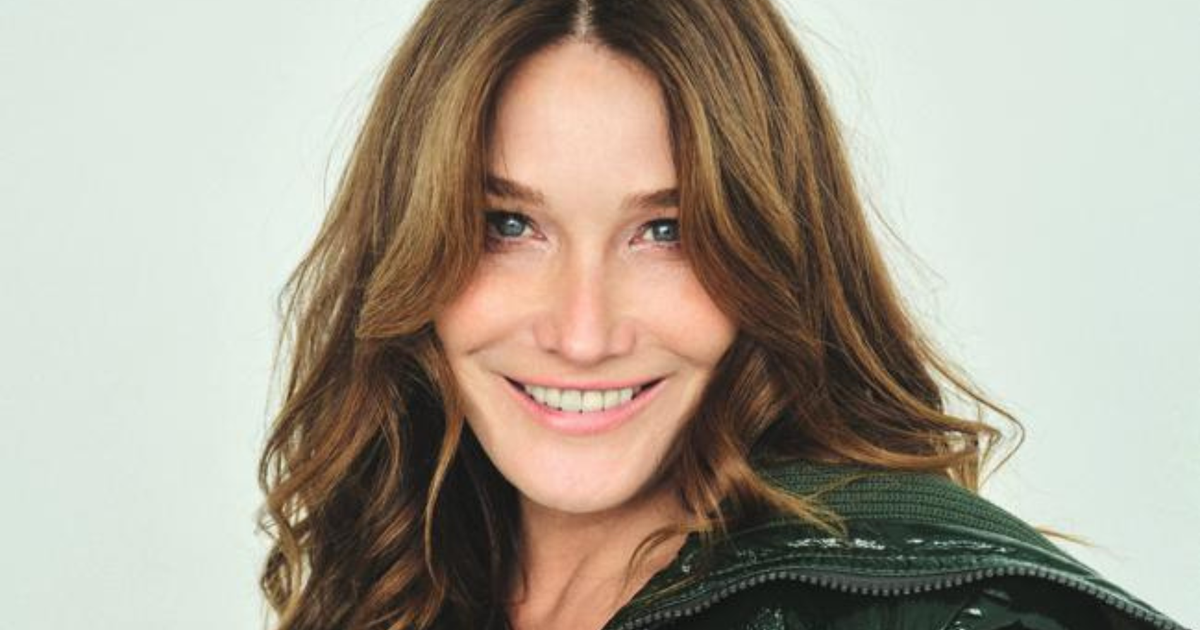In these days dominated by the vision and listening of the Sanremo Festival in the RSA of the San Raffaele Group, music therapy workshops are underway aimed at the cognitive stimulation of patients suffering from various forms of cognitive decline including Alzheimer's, through listening to songs who have often been soundtracks of their lives and singers interpreters of their laughter and their tears.
But does music really have access to the brain's salience network, which some researchers have argued is unaffected in these patients?
"According to a recent study by Northwestern University (USA), carried out in collaboration with the Institute for Therapy through the Arts (ITA), the emotions produced by listening to loved music during youth would resist both Alzheimer's and dementia. - explains Paolo Maria Rossini, Head of the Department of Neuroscience and Neurorehabilitation of the IRCCS San Raffaele - It is in fact well known that listening to music has protective effects against the neurodegeneration processes underlying the various forms of dementia including the most widespread and known: Alzheimer's".
Dementia is a neurodegenerative disease characterized by the progressive impairment of one or more cognitive domains, such as memory, attention, executive functions and language.
"Since 2001, music has been introduced as a non-pharmacological technique to improve cognitive functions and, in particular, behavioral disorders in patients with dementia - continues Rossini - its therapeutic efficacy seems to be based on the preservation of musical memory even in more advanced stages of disease, thanks to which the patient with dementia seems to keep intact the fundamental musical skills and competences, intonation, rhythmic synchrony, sense of tonality".
Can music therefore also be an alternative way to communicate with patients in whom linguistic and visual memory are damaged early?
"The brain circuits underlying spoken/heard language and musical language are partially superimposable, but it is frequently observed that in the face of substantial damage to spoken language, musical language and the singing of musical texts are much less damaged. Music has a mostly calming effect on behavioral symptoms such as psycho-motor agitation and aggression in patients with dementia.Furthermore, musical circuits have very close links with those dedicated to memory.In particular, similarly to early stage memories of one's life (childhood and youth) which disappear last,
even the memories of the songs popular in our youth last a very long time.
Hearing and singing these songs, therefore, helps to control the moments of agitation and draws the patient's attention (often very undulating and capricious).
For reasons that are only partially clarified, autobiographical memories are preserved more and longer than other types of memories (for example those deriving from the observation of photographs of one's childhood/youth) in Alzheimer's patients”.




/cloudfront-eu-central-1.images.arcpublishing.com/prisa/65WJB3EG45EZDLAF5QNRLPUDDU.jpg)


